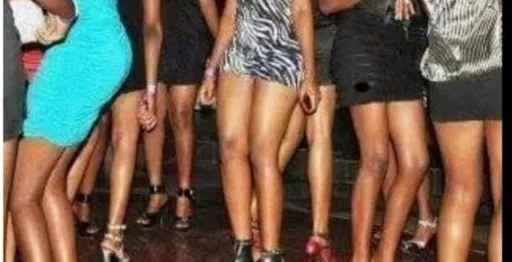By Mohammed Bello Doka
A new report has sent shockwaves across Lagos, revealing that men in the city spent a jaw-dropping ₦661 billion on transactional sex in 2024. The findings suggest that over 1.86 million men, out of the 3.1 million sexually active males in Lagos, engaged in such relationships, fueling what some now call the city’s "shadow economy."
According to the report, ₦329 billion was directly paid to the women involved, while another ₦332 billion covered related expenses, including entertainment, hotel stays, fashion, and sexual enhancement drugs. The average price for these encounters was placed at ₦36,750, with rates skyrocketing to ₦100,000 in high-end areas like Victoria Island, Ikoyi, and Lekki.
Beyond the staggering figures, the report also detailed how these earnings were spent. A massive ₦93 billion reportedly went into body and skincare maintenance, while ₦62.5 billion was channeled into supporting families, debunking the myth that most of these women spend frivolously. Another ₦46 billion found its way into cryptocurrency, forex, and online betting, showing that many in the trade are also investing in financial markets.
The revelation places Lagos among global cities with thriving underground economies built around transactional sex, similar to Bangkok and Amsterdam. However, the scale of spending in a city grappling with economic hardships has sparked debates. Some argue it reflects shifting social dynamics where financial incentives increasingly dictate relationships, while others believe it exposes the dire economic realities pushing people into such arrangements.
As the conversation around this report gains traction, it leaves many wondering: Is this a symptom of economic desperation, or has Lagos simply embraced a new financial reality where love and money are inseparable?


